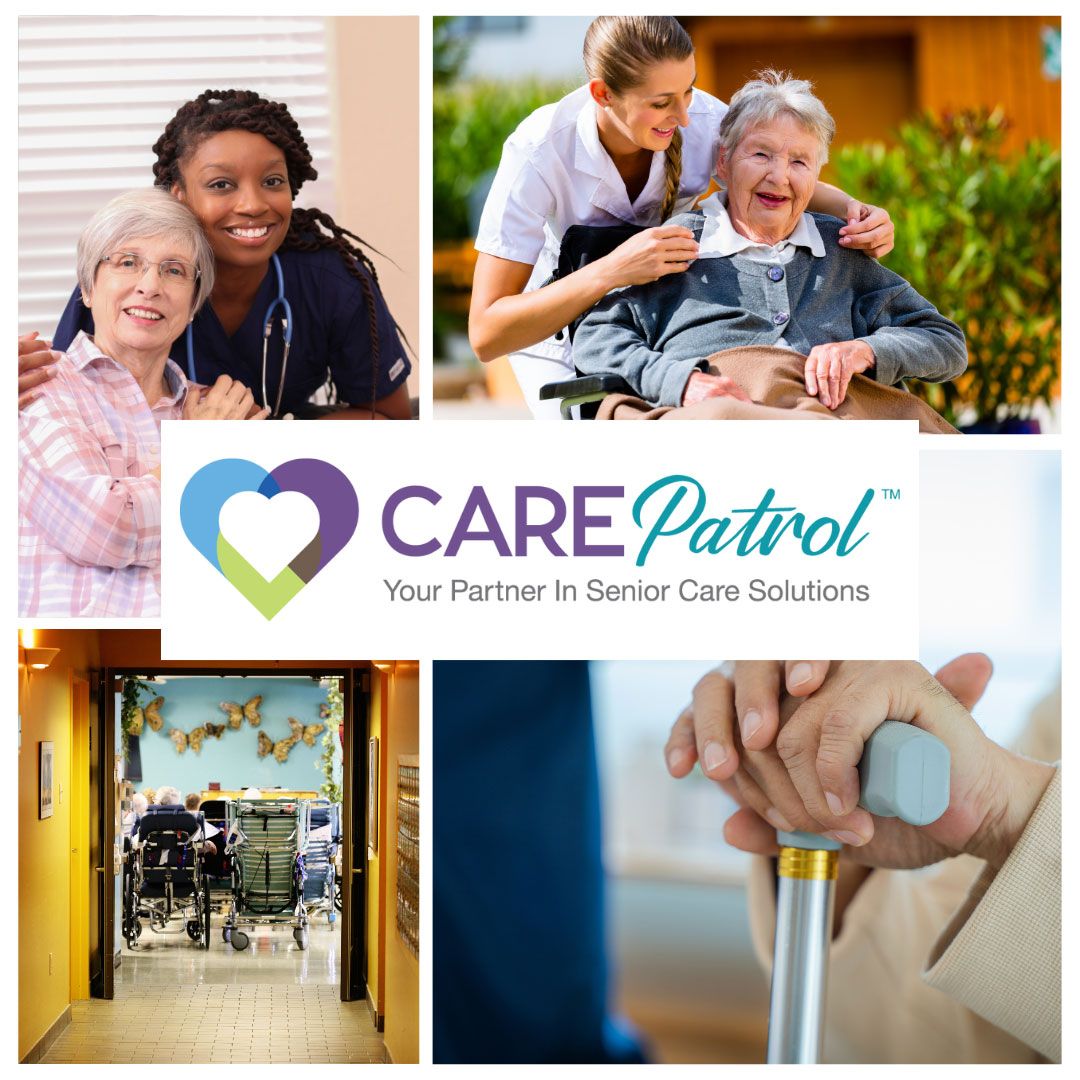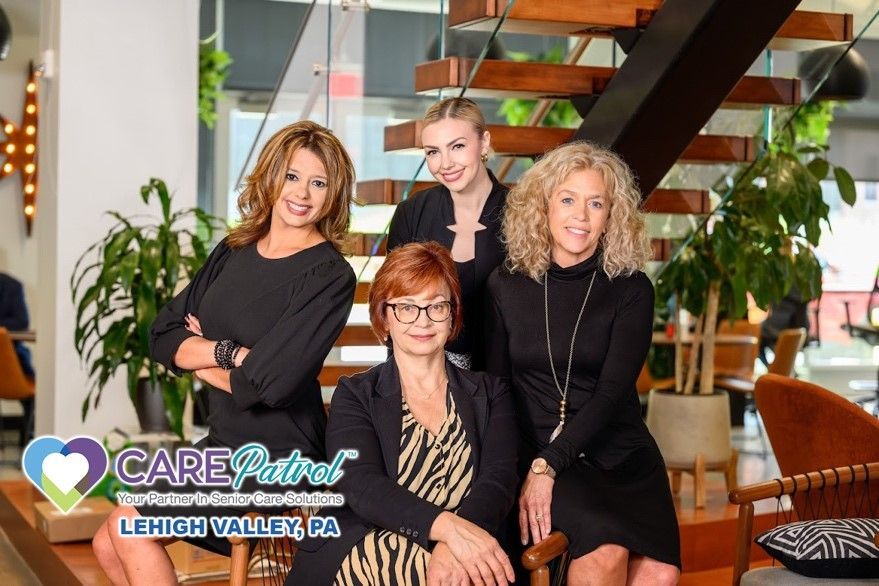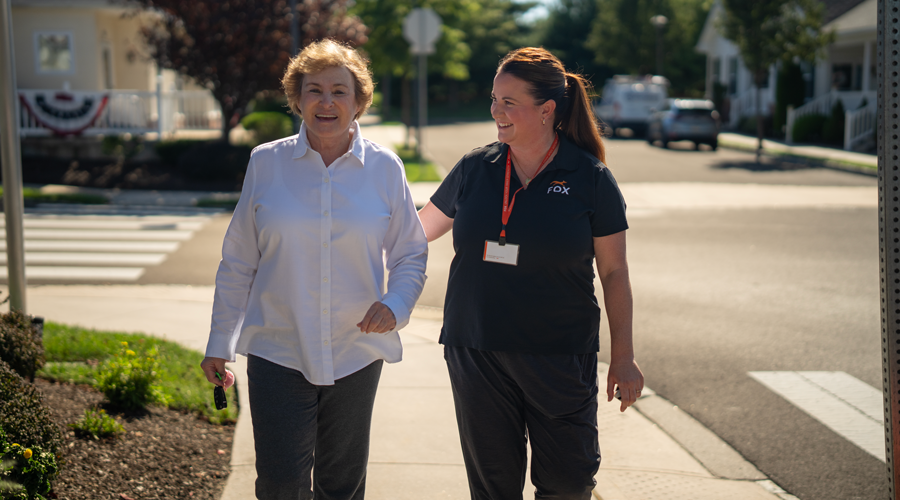When Is It Time to Consider a Personal Care Community?
When Is It Time to Consider a Personal Care Community?

Deciding when it’s time to consider a personal care community for a loved one is never easy. For many families, it’s a decision filled with emotion, uncertainty, and concern. However, as people age and their needs evolve, there may come a time when the level of care they require surpasses what family members or home health aides can provide. Understanding the signs that suggest it’s time to consider a personal care community can help you make a more informed, compassionate decision.
1. Increasing Difficulty with Daily Activities
One of the clearest signs that it may be time to consider a personal care community is when your loved one struggles with activities of daily living (ADLs), such as:
- Dressing
- Bathing
- Eating
- Using the restroom
- Walking or moving around
If your loved one is finding it increasingly hard to perform these basic tasks independently, a personal care community can provide round-the-clock support to ensure they receive the care and assistance they need to maintain a comfortable quality of life.
2. Declining Health and Medical Needs
As people age, they often develop chronic medical conditions that require ongoing management. If your loved one’s health is declining and they have complex medical needs—such as frequent medication changes, specialized treatments, or the need for constant monitoring—a personal care community might be the best option. Personal Care communities provide professional medical staff who are trained to handle medical emergencies, administer medications, and monitor patients' overall health.
3. Frequent Falls or Safety Concerns
Safety is a critical factor in determining whether it’s time to consider a personal care community. Frequent falls, injuries, or increased difficulty navigating their home could put your loved one at serious risk. If they’re no longer able to live safely in their current environment, a personal care community offers a secure setting with staff available to assist in case of accidents, minimizing the risk of injury.
4. Caregiver Burnout
Caring for an elderly loved one can be physically and emotionally draining, especially if their needs become more demanding over time. If the primary caregiver—whether it’s you, another family member, or a home health aide—is experiencing caregiver burnout, it may be time to explore other care options. Burnout can lead to stress, exhaustion, and even resentment, which can impact both the caregiver and the individual receiving care. A personal care community can alleviate this pressure by ensuring that professional staff are available to provide care 24/7.
5. Worsening Dementia or Alzheimer’s Symptoms
For individuals with dementia or Alzheimer’s disease, memory loss and cognitive decline can become overwhelming. If your loved one is wandering, becoming easily disoriented, or forgetting essential tasks such as eating, taking medication, or turning off the stove, it may no longer be safe for them to live at home. Personal care communities with specialized memory care support are designed to provide a secure environment for individuals with cognitive impairments, ensuring their safety and well-being.
6. Social Isolation
Aging adults may experience increased loneliness and isolation, especially if they live alone or have limited social interaction. This isolation can lead to depression, anxiety, and a decline in mental health. Personal care communities offer a community-based setting where residents have access to social activities, group meals, and opportunities to interact with others. This sense of community can help improve their emotional well-being and provide a sense of belonging.
7. Inability to Manage Finances or Household Responsibilities
As we age, managing household responsibilities like paying bills, cleaning, grocery shopping, and maintaining the home can become overwhelming. If your loved one is struggling to keep up with these tasks or has lost track of their finances, it may be time to consider a personal care community where they can focus on their health and well-being rather than worry about managing a household.
8. Frequent Hospitalizations or Medical Emergencies
If your loved one has been hospitalized multiple times due to falls, infections, or other health concerns, it could indicate that they need a higher level of care than what can be provided at home. Personal care communities have medical staff on hand to address emergencies quickly and prevent hospital readmissions.
9. Family Conflict Over Care Decisions
When family members disagree on how best to care for a loved one, it can lead to conflict and tension. If family members are unable to agree on the type or amount of care needed, or if everyone is feeling overwhelmed by the situation, a personal care community might offer a solution. A personal care community can provide professional, impartial care, which can reduce the strain on family relationships.
10. Your Loved One Expresses a Desire for More Care
Sometimes, the individual needing care will express that they no longer feel comfortable living at home or want more assistance. If your loved one is voicing concerns about their ability to care for themselves or is open to the idea of moving into a personal care community, it’s important to listen to their wishes. Respecting their autonomy and understanding their needs can guide you in making the best decision for their care.

Deciding when it’s time to consider a personal care community is a deeply personal choice, and it’s not one to be made lightly. It’s important to evaluate your loved one’s physical, emotional, and social needs, as well as your own ability to provide care. While the decision can be challenging, personal care communities provide a safe and supportive environment where your loved one can receive the attention, medical care, and social interaction they need to live a comfortable and fulfilling life.
You might also like



